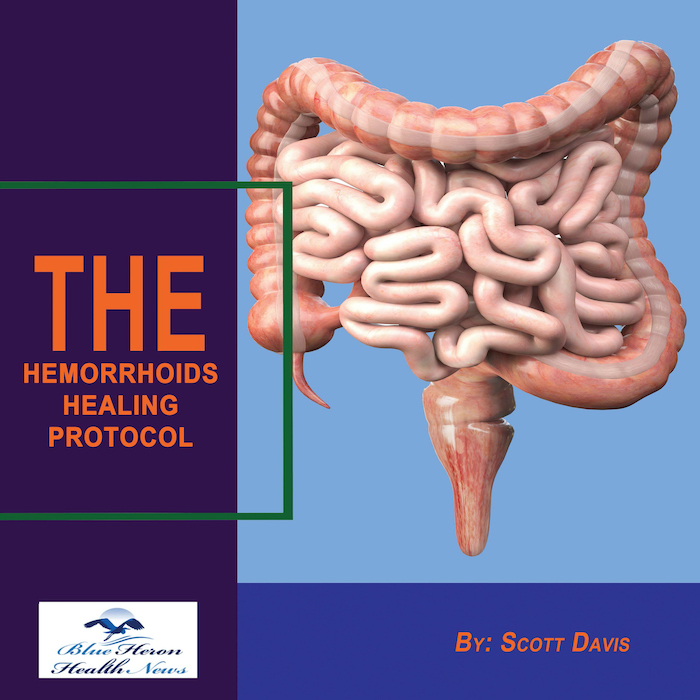
The Hemorrhoids Healing Protocol™ By Scott Davis Hemorrhoid healing protocol is a three-week online program that helps in treating and reducing hemorrhoids. It teaches gentle recipes and movements, natural and effective remedies that help in treating hemorrhoids.This program is not like the usual prescription medicines, it is a hell of a lot more than just those drugs. It focuses more on elevating the two main not so good habits that are connected to the Hemorrhoids. Overall the sole motive of this program is to remove the problem from its root instead of just treating the symptoms.
What are the signs of infection after hemorrhoid surgery?
After hemorrhoid surgery, it’s important to monitor for signs of infection to ensure a smooth recovery. While infections are relatively uncommon, they can occur and require prompt medical attention. Here are the key signs of infection to watch for after hemorrhoid surgery:
1. Increased Pain
- Normal Pain vs. Infection-Related Pain: Some pain is expected after surgery, but if the pain suddenly worsens or becomes intense after an initial period of improvement, it could be a sign of infection.
- Unrelenting Pain: If pain is persistent and does not improve with prescribed medications or home remedies, this could be a red flag.
2. Swelling and Redness
- Excessive Swelling: While some swelling is normal after surgery, increased or worsening swelling at the surgical site could indicate infection.
- Redness Around the Surgical Site: Redness that is spreading or getting darker around the surgical area can be a sign of an infection, particularly if it is accompanied by heat or tenderness.
3. Fever
- Low-Grade Fever: A mild fever is common after surgery, but a fever above 100.4°F (38°C), especially when accompanied by other symptoms like chills, could indicate an infection.
- Chills: Chills alongside a fever suggest the body is trying to fight off an infection and should be reported to your doctor immediately.
4. Pus or Discharge
- Yellow or Green Discharge: Any pus or foul-smelling discharge from the surgical site is a clear sign of infection. The presence of blood-tinged discharge is normal immediately after surgery, but pus or cloudy discharge is concerning.
- Increased Drainage: If there is an increase in the amount of fluid draining from the wound, particularly if it appears infected or has a foul odor, this is a sign of infection.
5. Heat or Warmth at the Surgical Site
- Warm to the Touch: If the area around the surgical site feels warm or hot to the touch, this could indicate that an infection is developing, especially if it is accompanied by swelling and redness.
6. Bleeding
- Excessive or Prolonged Bleeding: Some light bleeding is expected after hemorrhoid surgery, especially with bowel movements. However, persistent or excessive bleeding that does not stop, or bleeding that increases over time, can indicate an infection or other complications.
7. Difficulty Urinating
- Painful or Incomplete Urination: Difficulty urinating after surgery can be normal due to swelling, but if you experience painful urination, or cannot urinate at all, it may indicate that an infection is causing further complications.
- Increased Frequency or Urgency: Increased frequency, urgency, or discomfort during urination can also signal an infection, possibly involving the urinary tract due to proximity to the surgical site.
8. Worsening Malaise or Fatigue
- General Unwell Feeling: If you feel increasingly tired, weak, or unwell beyond the typical post-surgical fatigue, it could indicate that your body is fighting an infection.
- Loss of Appetite: A noticeable decrease in appetite, along with other signs of infection, may suggest that an infection is impacting your overall health.
9. Constipation or Inability to Pass Stool
- Severe Constipation: While some difficulty with bowel movements is normal after hemorrhoid surgery, severe constipation, pain during bowel movements, or an inability to pass stool can lead to further complications or indicate a developing infection.
- Worsening Abdominal Pain: If you experience abdominal discomfort or pain that worsens in conjunction with other symptoms like fever or swelling, it may indicate a more serious infection.
What to Do If You Suspect an Infection
- Contact Your Doctor: If you notice any of these signs, particularly fever, excessive pain, swelling, or discharge, contact your healthcare provider immediately. Early intervention can prevent the infection from worsening.
- Follow Post-Surgical Instructions: Ensure you’re following your surgeon’s guidelines for wound care, medications, and diet to minimize the risk of infection.
- Antibiotics: If an infection is diagnosed, your doctor will likely prescribe antibiotics to clear the infection. Be sure to take the full course of antibiotics as prescribed, even if symptoms improve.
Conclusion
While mild discomfort, swelling, and bleeding are normal after hemorrhoid surgery, signs of infection such as increased pain, fever, swelling, redness, pus, and difficulty urinating should not be ignored. If you suspect an infection, seeking prompt medical attention is essential to avoid complications and ensure proper healing.
The Hemorrhoids Healing Protocol™ By Scott Davis Hemorrhoid healing protocol is a three-week online program that helps in treating and reducing hemorrhoids. It teaches gentle recipes and movements, natural and effective remedies that help in treating hemorrhoids.This program is not like the usual prescription medicines, it is a hell of a lot more than just those drugs. It focuses more on elevating the two main not so good habits that are connected to the Hemorrhoids. Overall the sole motive of this program is to remove the problem from its root instead of just treating the symptoms.
